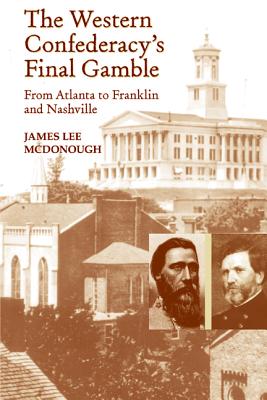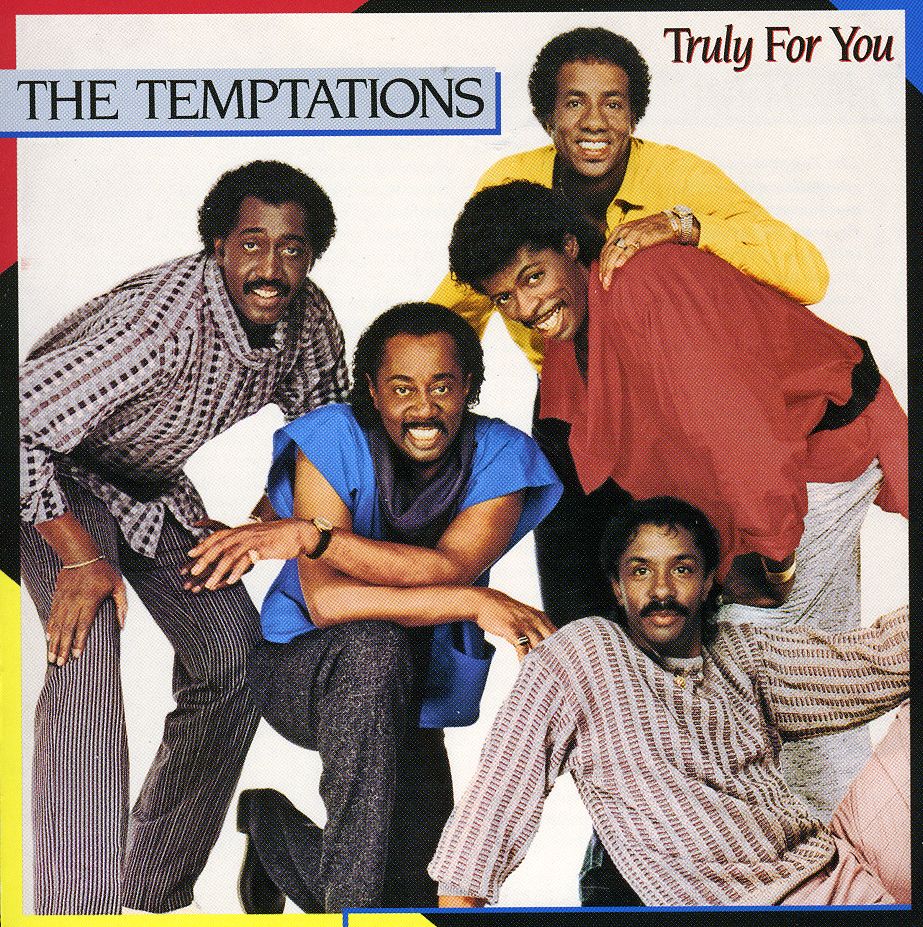
McDonough, James Lee
product information
description
0After Major General William Tecumseh Sherman's forces ravaged Atlanta in 1864, Ulysses S. Grant urged him to complete the primary mission Grant had given him: to destroy the Confederate Army in Georgia. Attempting to draw the Union army north, General John Bell Hood's Confederate forces focused their attacks on Sherman's supply line, the railroad from Chattanooga, and then moved across north Alabama and into Tennessee. As Sherman initially followed Hood's men to protect the railroad, Hood hoped to lure the Union forces out of the lower South and, perhaps more important, to recapture the long-occupied city of Nashville. Though Hood managed to cut communication between Sherman and George H. Thomas's Union forces by placing his troops across the railroads south of the city, Hood's men were spread over a wide area and much of the Confederate cavalry was in Murfreesboro. Hood's army was ultimately routed. Union forces pursued the Confederate troops for ten days until they recrossed the Tennessee River. The decimated Army of Tennessee (now numbering only about 15,000) retreated into northern Alabama and eventually Mississippi. Hood requested to be relieved of his command. Less than four months later, the war was over. Written in a lively and engaging style, The Western Confederacy's Final Gamble presents new interpretations of the critical issues of the battle. James Lee McDonough sheds light on how the Union army stole past the Confederate forces at Spring Hill and their subsequent clash, which left six Confederate generals dead. He offers insightful analysis of John Bell Hood's overconfidence in his position and of the leadership and decision-making skills of principal players such as Sherman, George Henry Thomas, John M. Schofield, Hood, and others. McDonough's subjects, both common soldiers and officers, present their unforgettable stories in their own words. Unlike most earlier studies of the battle of Nashville, McDonough's account examines the contributions of black Union regiments and gives a detailed account of the battle itself as well as its place in the overall military campaign. Filled with new information from important primary sources and fresh insights, Nashville will become the definitive treatment of a crucial battleground of the Civil War.
member goods
No member items were found under this heading.
listens & views

HOMMAGE A R. SCH
by KURTAG / SCHUMANN / KASHKASHIAN / LEVIN / BRUNNER
COMPACT DISCout of stock
$15.99
Return Policy
All sales are final
Shipping
No special shipping considerations available.
Shipping fees determined at checkout.






